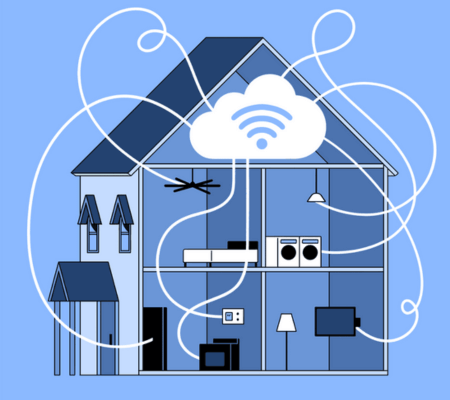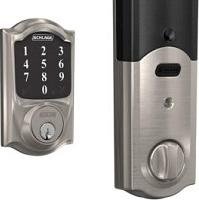In an era where technology reigns supreme, our homes are becoming smarter, more efficient, and more convenient than ever before. The advent of smart appliances has revolutionized how we interact with our living spaces, enhancing our comfort, safety, and productivity. From refrigerators that remind us to buy groceries to thermostats that adjust based on our preferences, smart gadgets are reshaping our domestic landscape.

Table of Contents
ToggleWhat Are Smart Appliances?
Smart appliances are devices equipped with sensors, Wi-Fi connectivity, and often artificial intelligence that can be controlled remotely via smartphones or other smart devices. These appliances are designed to streamline daily tasks, offer energy efficiency, and provide a higher level of convenience and customization for users.
The Impact on Daily Life
The integration of these smart devices into our homes has significantly transformed our daily routines. Imagine starting your coffee maker from bed or preheating the oven while stuck in traffic on your way home. The sheer convenience and time-saving nature of these appliances have made mundane tasks more manageable.
Types of Smart Appliances
- Smart Thermostats: Smart thermostats, like Nest or Ecobee, learn your temperature preferences and adjust the climate accordingly. They not only provide comfort but also help in reducing energy costs.
- Smart Lighting Systems: LED bulbs and systems like Philips Hue can be controlled remotely, change colors, and adjust brightness levels, offering ambiance control and energy efficiency.
- Smart Security Systems: Devices like Ring Doorbells or Nest Cam Outdoor provide real-time monitoring, allowing homeowners to keep an eye on their property from anywhere.
- Smart Refrigerators: These appliances can maintain inventory, create shopping lists, and even suggest recipes based on available ingredients.
- Smart Washers and Dryers: With the ability to be controlled remotely and send alerts when the laundry cycle is complete, these appliances bring convenience to household chores.

Benefits of Smart Appliances
The advantages of integrating smart appliances into our homes are manifold:
- Energy Efficiency: Most smart appliances are designed to be energy-efficient, helping to reduce utility bills.
- Convenience: Remote control and automation make daily tasks more convenient and less time-consuming.
- Improved Safety: Smart security systems and smoke detectors offer enhanced safety features.
- Customization: These devices allow for personalization, adapting to individual preferences.
The Future of Smart Appliances
As technology continues to evolve, the future of smart appliances holds endless possibilities. The integration of artificial intelligence and machine learning will further enhance the capabilities of these gadgets. From predictive maintenance to more seamless integration between devices, the potential for innovation is boundless.
Potential Challenges and Considerations
While the benefits are substantial, it’s essential to consider potential drawbacks. Issues such as initial costs, cybersecurity threats, and the possibility of technical malfunctions are critical aspects to consider when investing in smart appliances.
Conclusion
Smart appliances have undoubtedly transformed our homes, making them more efficient, secure, and personalized. The convenience and innovation these gadgets offer are propelling us into a future where our homes are not just smart but intuitive. With continuous advancements, these devices will further refine our daily lives and how we interact with our domestic spaces.










